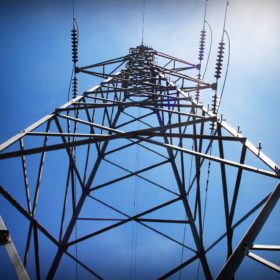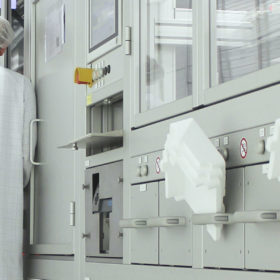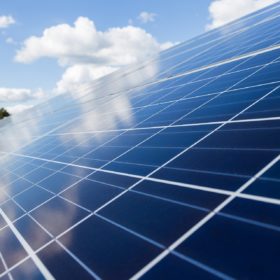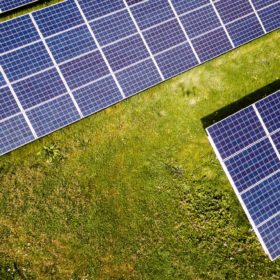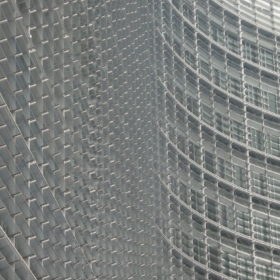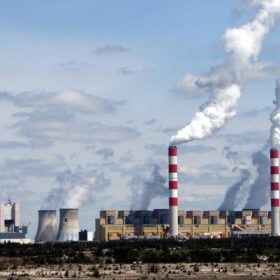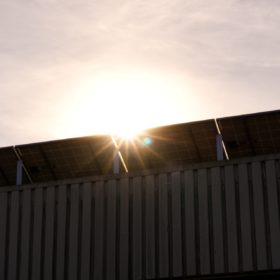Commission flags up €875m renewables project fund
A call for grant proposals has been promised this month, with the bloc’s executive yesterday firing the gun on a separate exercise related to cross-border EU energy infrastructure projects.
Large scale PV returns to Czechia thanks to $216 million solar rebate program
The RES+ program will be open to installations of up to 1 MW and also solar power projects exceeding 1 MW in size. Selected developers may secure a rebate covering up to 50% of a project’s cost.
Valoe announces IBC solar cell order for specialist applications
Czech specialist module manufacturer Fill Factory has signed up to take €500,000 worth of Valoe’s inter-digitated back contact cells under a one-year supply contract.
Solar could help Azerbaijan consolidate gains in Nagorno Karabakh after recent conflict
That was just one of the revelations of the latest Dentons’ Guide to renewables investment in Europe, which also noted solar plants could be switched off in Slovakia, Ireland could go either way on clean power pricing, and Luxembourg is struggling with a surprising headache.
Photon Energy update after ‘difficult’ quarter
The Amsterdam-based, Australia and central Europe-facing developer saw sales slump thanks to Covid-19 last year but has touted a growing operational project portfolio.
‘EU law permits member states to amend or withdraw FIT payment terms’
An advocate general at the European Court of Justice has said Italy’s decision to amend the terms of signed, 20-year solar incentive contracts in 2014 does not conflict with European law.
New Siemens units lay marks in hydrogen generation, mobility and energy-as-a-service
With a flurry of recent announcements, the newly-launched power division of the electronics giant plans to drive hydrogen mobility in Germany and enter the commercial and industrial power market in the US.
Will a watered down EU Just Transition Fund still be effective?
The EU Council has rejected a Covid-inspired European Commission proposal for a €40 billion warchest to help coal-dependent regions shift to renewables, with the heads of member states instead allocating €17.5 billion. Despite the final figure being €10 billion higher than that suggested by the commission before coronavirus battered Europe, questions have been asked about how useful the program will be.
Eastern Europe coal exit offers a €50bn clean power opportunity
With Bulgaria, Poland, Romania and Czechia having dragged their heels over climate legislation for years, BloombergNEF has estimated the most economic route out of the coal habit. It is a path which could see 40% less carbon emissions in 2030 than were recorded last year, with a 47% clean energy power mix.
European consortium bid to bring 25.4%-efficient heterojunction-IBC solar cell into mass production
The EU-funded Nextbase project aims to manufacture heterojunction, interdigitated back-contact solar modules for less than €0.275/W. Solar panels featuring the Nextbase cell tech are expected to have a conversion efficiency of 23.2%, according to the European Commission.
